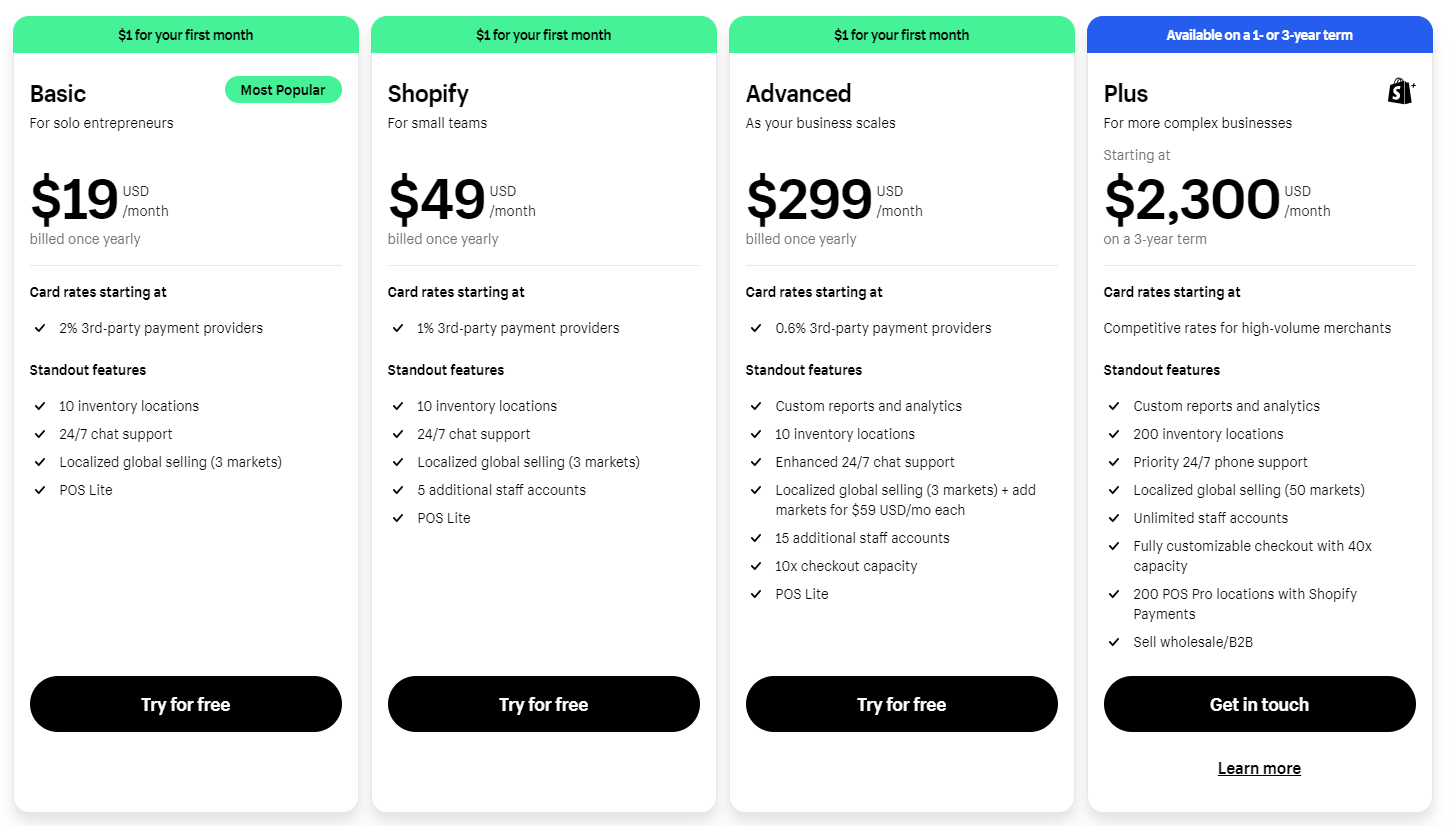How far back can IRS audit my business? How long should I keep my records? What are things I can do to minimize the possibility of an audit?
This post, we will go through those questions and give you a better understanding around the IRS auditing process and how to handle it.
What is an IRS Audit?
The IRS or Internal Revenue Service is a U.S. federal agency that helps people understand and meet their tax obligations. They are in charge of collecting taxes and enforcing tax law.
An audit is an examination of the accounts, books, and other financial records of a business or individual. An auditor’s responsibility is to ensure the accuracy of reported financial information against tax laws. They also verify if tax amounts are right.
How Far Back can the IRS Audit?
They normally can go back up to three years and usually not more than six or seven years if they detect a discrepancy. Failure to file a tax return, however, can allow them the right to go back as far as they want.
What Do I Need to Provide in An Audit?
Audits don’t always focus on all aspects of a return. So, the types of documents the IRS requests will depend on a few factors. On their website, the IRS gives a list of audit records and documents they most likely might request namely the following:
- Theft or loss documents
- Employment documents
- Schedule K-1
- Loan agreements
- Receipts
- Bills
- Logs or diaries
- Tickets
- Canceled checks
- Legal papers
- Medical and Dental records
How Long Does an IRS Tax Audit Take?
An audit can take three months up to a year or more for some. The time an audit takes depends on a few factors, namely:
- The type of audit performed
- Number and complexity of issues
- Speed at which you respond to the audit request
- Business structure
- Appeal requests
What Triggers an IRS Audit?
While the chances of being audited are low, there are certain red flags that you should be aware of. These can shine a light on your business and bring these potential issues to the attention of the IRS.
High Income
If you make more than $500,000 a year, there is a higher chance the IRS will audit you. You can expect higher incomes to be under more observation for a few reasons.
Higher income could relate to more complex tax situations and more. High reported income relative to previous periods may indicate an error, discrepancy, or fraudulent behavior.
Low Income
If you report low income, that can also be a red flag. Low income could be a result of excessive expenses, which can raise concern over what you classify as business or personal expenses.
While the government does not expect new business to make a profit right away, they do expect you to, eventually. They expect a report of profit at least 3 years out of every five, otherwise they may raise their eyebrows.
Large Charitable Deductions
With every good thing comes the potential for abuse. A lot of people are aware that you can get an income tax reduction through charity donations. This acts as a kind of reward system for giving back and doing good for the community and the less fortunate.
However, there are also a lot of people who take advantage of this or use charity as a veil for deceptive practices.
Failure to Report All Taxable Income
Some people misreport or fail to report their income at all. Intentional or not, this does affect the amount of taxes you pay. If the IRS suspects you aren’t paying what you owe, there will be an investigation.
The IRS receives documents that help them know who is paying you and where income comes from. One of these are 1099 forms given to freelancers and contractors. If they see a discrepancy, expect an email.
Remember, a lack of records doesn’t mean you are off the hook. There are some shady or unwise individuals out there who are very irresponsible with their documentation. They think, “How far back can the IRS audit you if you don’t keep records?” not knowing that they could get in more serious trouble.
Excessive Deductions
There are a ton of business deductions that owners can reap the benefits of. These include:
- Employee salaries and contractor pay
- Employee benefits
- Office supplies and equipment
- Rent and utilities
- Consultation services
However, if you are claiming deductions on a lot of things and it looks excessive to the IRS, that may trigger an audit.
Home Office Deduction
Freelancing and remote working is becoming much more commonplace and popular, especially in the current climate. Work from home culture comes with a lot of obvious advantages, but it also comes with some not so visible complications. One of these is claiming a home office deduction.
This is a claim that allows you to deduct certain house expenses from your taxes. One thing you need to do is prove expenses were solely for the business and not recreational/personal use. There are also strict regulations that you must follow.
Deductions on Business Meals, Travel, and Vehicles
While these are not uncommon expenses, excess in these deductions can raise concerns. The IRS might look at your business type and industry and question if these expenses are justifiable.
So, make sure you document everything to prove it isn’t aren’t trying to go on a vacation and label it a “business trip”. This is especially true if you are claiming that a vehicle is 100% used for business purposes. Unless you have extensive documentation to prove this, it is going to raise red flags.
Operating a Business with Cash Heavy Transactions
Businesses that operate a lot on cash transactions could be more likely to experience audits. These are businesses like restaurants, coffee shops, street vendors, and laundromats.
This is because these types of businesses tend to forget to declare these amounts. As such, these businesses can tend to have discrepancies in their books or under-reported income.
Filing Schedule C
A Schedule C is a form that sole-proprietors and one member Limited Liability Corporations (LLCs) use to report their income and loss. In these types of business structure, you report all or part of your business expenses as part of your individual tax returns. You will be more likely to get audited if this is the case.
Math Errors
It’s understandable that some people get nervous with audits. If someone went through my math exams from high school and called me out on all the errors, I’d probably be slightly mortified. It’s a good thing the answer to the question of “How far back can IRS audit you?” is only up to three years. And that they don’t do math homework…
All the same, this is probably the mistake and trigger that is the easiest to avoid. As long as you do regular bookkeeping, take advantage of software, and double check calculations, you should be completely fine. Hiring an accountant and bookkeeper who have a lot more experience working with numbers can’t hurt either.
Claiming Earned Income Tax Credit (EITC)
EITC is a credit available to taxpayers with moderate or low incomes. It sort of cushions the blow by helping to reduce tax liability. This is another wonderful benefit for those genuinely struggling with poverty. However, like others on this list, others abuse this.
What Happens When You Agree with the Audit Results?

When they are finished reviewing the documents, the IRS will send you the results or their examination report. It will state if any issue was found and if there’s any, will include any changes to your tax liability and any amounts due in penalties or interest.
If the IRS finds no discrepancies, you can simply continue operating your business as usual. (Maybe more cautiously to avoid appearing on the IRS radar!) However, what if they determined that your business owes additional taxes? You will sign an agreement complying to pay the back taxes and overdue amounts. You can then pay through various IRS payment plans.
What Happens When You Do Not Agree with the Audit Results?
If you do not agree with the final determination, you can appeal it. When you don’t respond to the examination report, the IRS will send a 30-day letter. This letter includes a date and you must file the appeal within 30 days of that date.
However, you can sometimes request for an extension. The appeal includes a detailed explanation of the reason for the appeal and documents and other evidence to support your claims.
How is an Audit Concluded?
An audit concludes after you either:
- sign the report and send it back to the IRS stating you agree to pay the amounts listed
- make an appeal and the IRS accepts it
The auditor then creates a final audit report, which includes the details of the examination such as the scope, results, and actions taken.
Frequently Asked Questions
What is a tax levy?
A tax levy is when the IRS can legally seize property as tax payment. This occurs when a taxpayer fails to pay their taxes. This includes personal assets like wages, real estate, and other personal property.
How many times can you be audited by the IRS?
The chances for an audit is less than 1%. However, the IRS can audit you multiple years in a row, but typically not more than once in a given tax year. However, if the Secretary of Treasury makes a special request or if you request a re-audit, this number can increase.
Is an IRS audit a criminal investigation?
The purpose of an IRS audit is to look for errors and discrepancies. An audit can certainly reveal criminal activity, but it is not inherently trying to prove innocence or guilt. Tax audits are about accuracy and can turn into a tax investigation if there is reasonable suspicion for fraud or other tax-related crimes.
What Is EcomBalance?

EcomBalance is a monthly bookkeeping service specialized for eCommerce companies selling on Amazon, Shopify, Ebay, Etsy, WooCommerce, & other eCommerce channels.
We take monthly bookkeeping off your plate and deliver you your financial statements by the 15th or 20th of each month.
You’ll have your Profit and Loss Statement, Balance Sheet, and Cash Flow Statement ready for analysis each month so you and your business partners can make better business decisions.
Interested in learning more? Schedule a call with our CEO, Nathan Hirsch.
And here’s some free resources:
- Monthly Finance Meeting Agenda
- 9 Steps to Master Your Ecommerce Bookkeeping Checklist
- The Ultimate Guide on Finding an Ecommerce Virtual Bookkeeping Service
- What Is a Profit and Loss Statement?
- How to Read & Interpret a Cash Flow Statement
- How to Read a Balance Sheet & Truly Understand It
Conclusion
Though rare, an audit notification won’t exactly have many jumping for joy. However, those who are more prepared will be able to sail through the process easily. By answering “How far back can IRS audit you?”, we’ve also answered “How long should you keep records for?”.
Always keep financial records and detailed descriptions of transactions at least three years after the fact. You give auditors an easier job this way. You also save yourself the hassle of filing an appeal that the IRS may or may not approve on the first try. Hope this helped!










